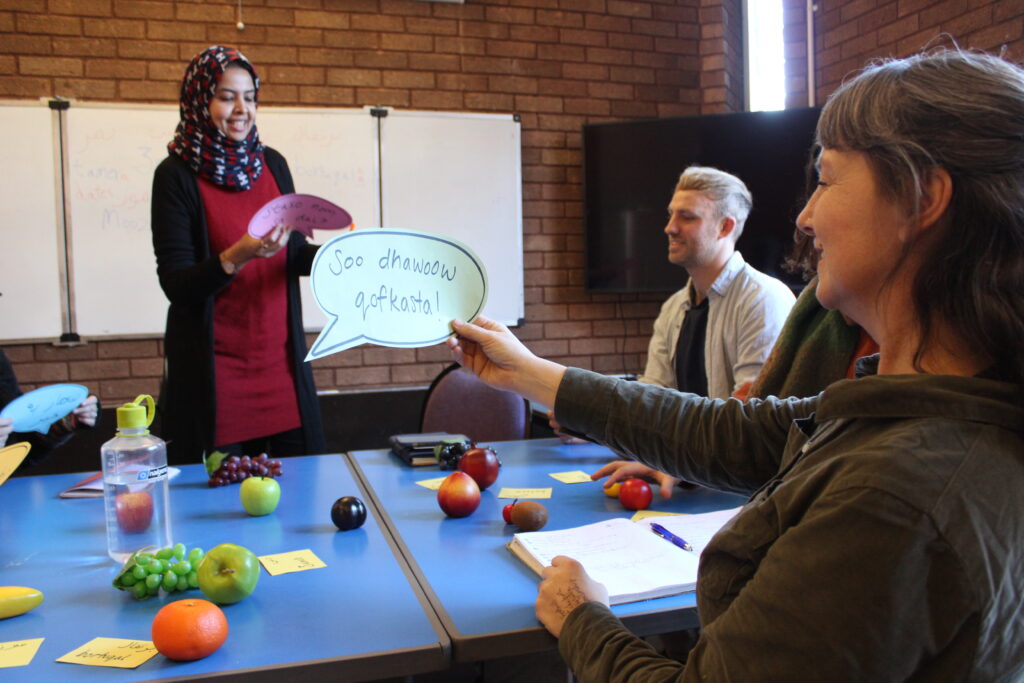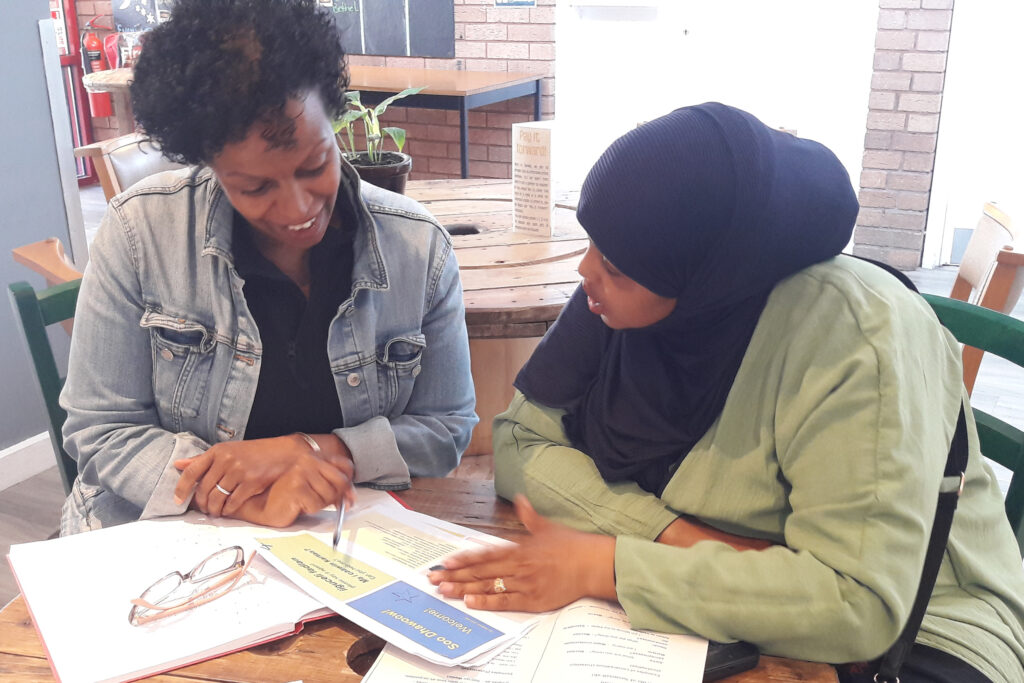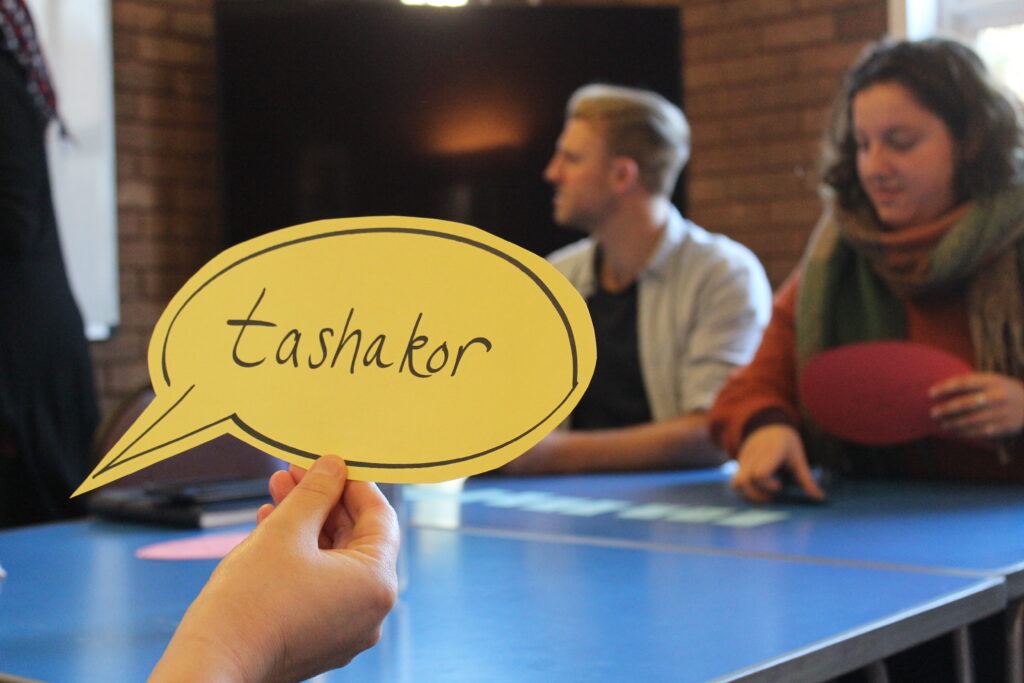If everyone speaks English, why do I need to learn another language?
The chances are you don’t need to. If you’re a native English speaker, you can work, travel, and holiday abroad knowing that 18% of people speak your language. That’s nearly 1 in every 5 people on Earth. It is a language used internationally for trade, politics, sport, science and education, so the world is probably much easier to navigate for an English speaker than it is for someone who only speaks Hungarian.
There’s a common assumption though, with its roots firmly in a colonial mentality, that other people will speak English. This expectation is so deeply ingrained that children in the UK haven’t been required to learn a foreign language in school past the age of 14 since 2004. It’s easy to be a lazy language learner when 1.5 billion people are making a huge effort to learn English.
A lot of people we work with, RefuLingua language tutors included, are learning English as a second, third, fourth or even fifth language. It’s hard work, but it grants access to work, education, social opportunities and a level of safety and ease that makes it a worthwhile and desirable goal.
Our RefuLingua project is a creative way of turning some of this on its head and coming in the opposite spirit. As well as helping tutors take a first step towards employment, it’s an exercise in empathy and education, an opportunity for English speakers to learn a new language from a native speaker. Most of our students don’t need to learn another language. They learn Arabic or Pashto or Somali to “break down initial barriers,” with people they work with, to “show respect to their friends from other countries,” and to communicate with foster children in their mother tongue.




There’s an understanding with RefuLingua that language learning can be a way of welcoming. Learning another language sends a profound and very human message. It says “I see you, I hear you, and I want to understand you”, and these are some of the key ingredients to feeling at home in a place, wherever and whoever we are. Learning another language means meeting someone on more equal terms, even if you’re just starting out. It extends the hand of friendship in both directions.
In the last year of RefuLingua, 15 tutors have taught nearly 100 students in 7 different dialects and languages, online, face to face, in cafés, parks and galleries. We’ve supported foster parents who are learning the first language of their children, students learning Arabic to work on humanitarian projects oversees, as well as many Bristolians learning the languages of the communities they live and work in here.
Learning another language sends a profound and very human message. It says “I see you, I hear you, and I want to understand you”
Susannah Gooch
We’ve enabled tutors to gain work experience towards their university applications and created the opportunity for tutors to work as tour guides of art exhibitions. Above all we’ve tried to foster a space where people have the chance not just to say, “I see you, I hear you, I want to understand you,” but to take very practical (and enjoyable) steps towards doing exactly that, while providing tangible benefits to our tutors at the same time.
This is the goal of RefuLingua. You may not need to learn another language, but we hope, after reading this, that you might want to. It’s an infinitely rewarding thing to do.
by Susannah Gooch, RefuLingua Project Manager
—————————————–
You can find out more about RefuLingua or sign up for upcoming classes by clicking the button below…
